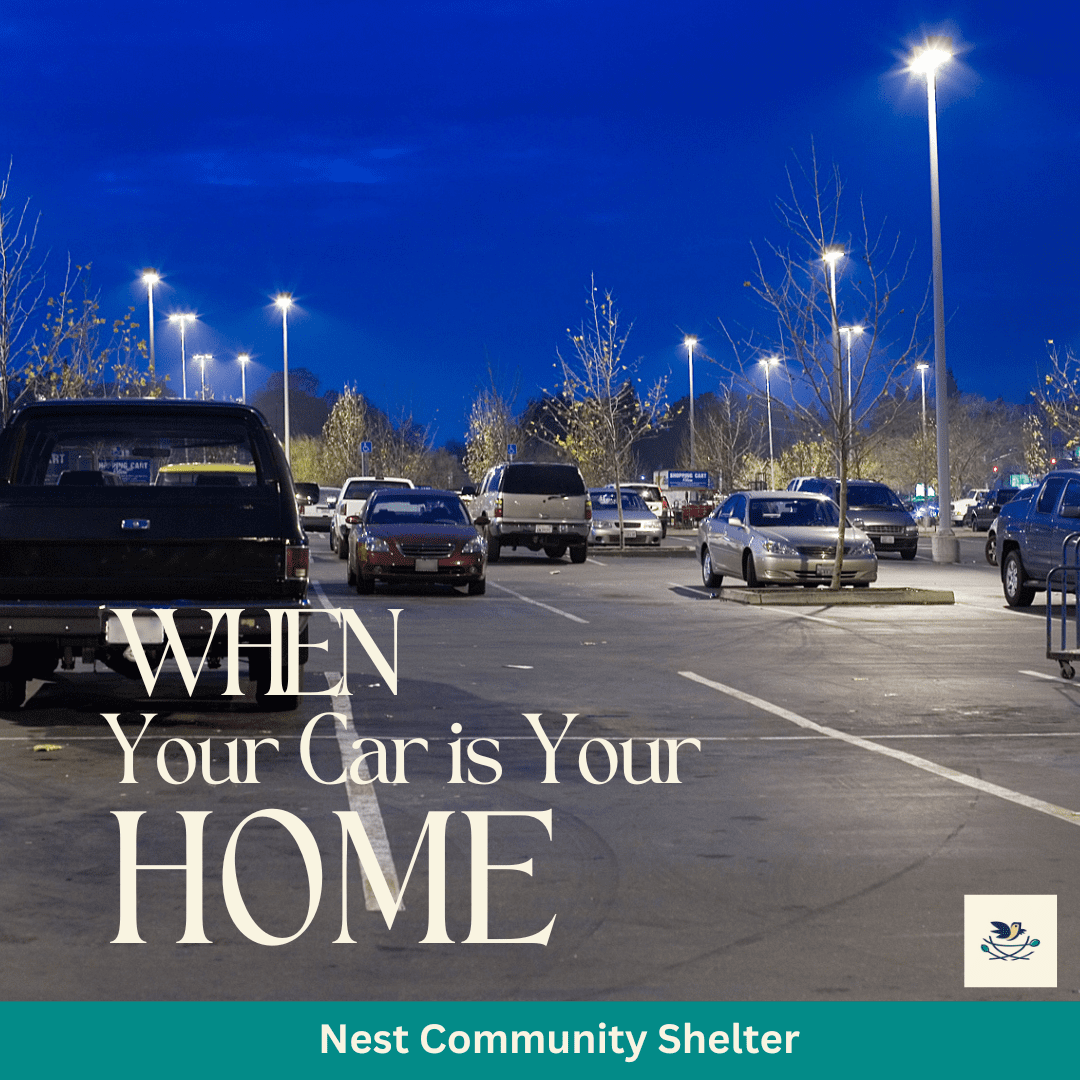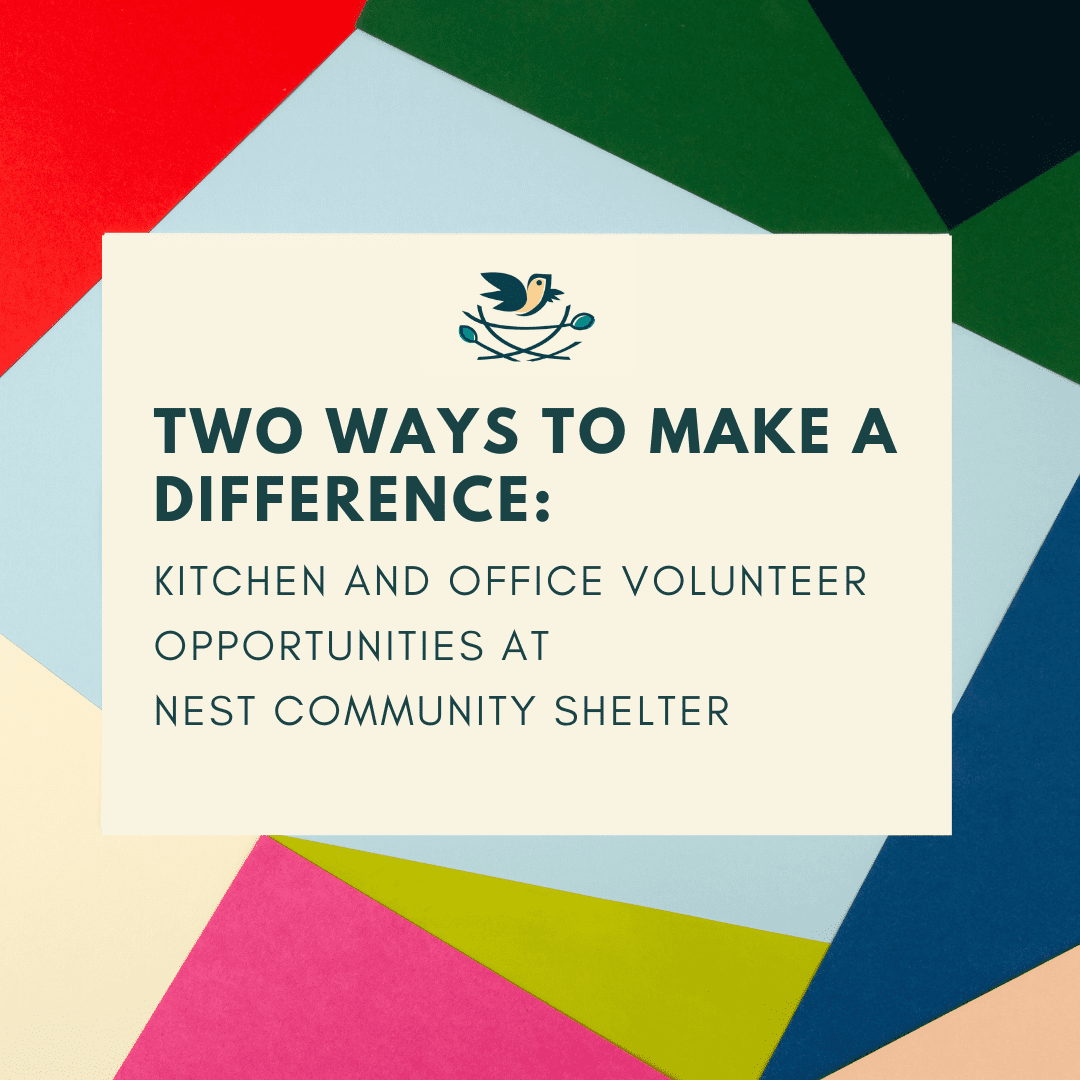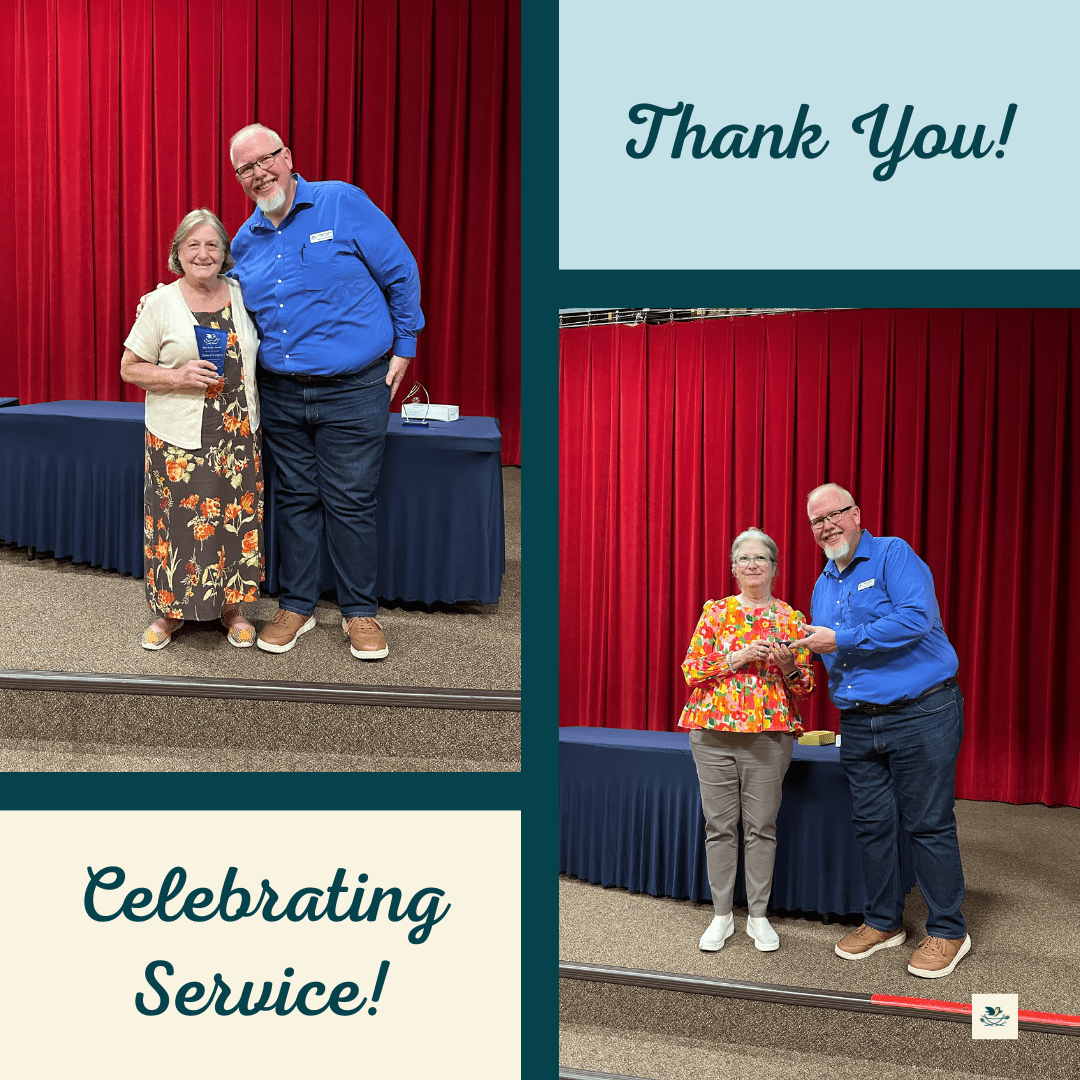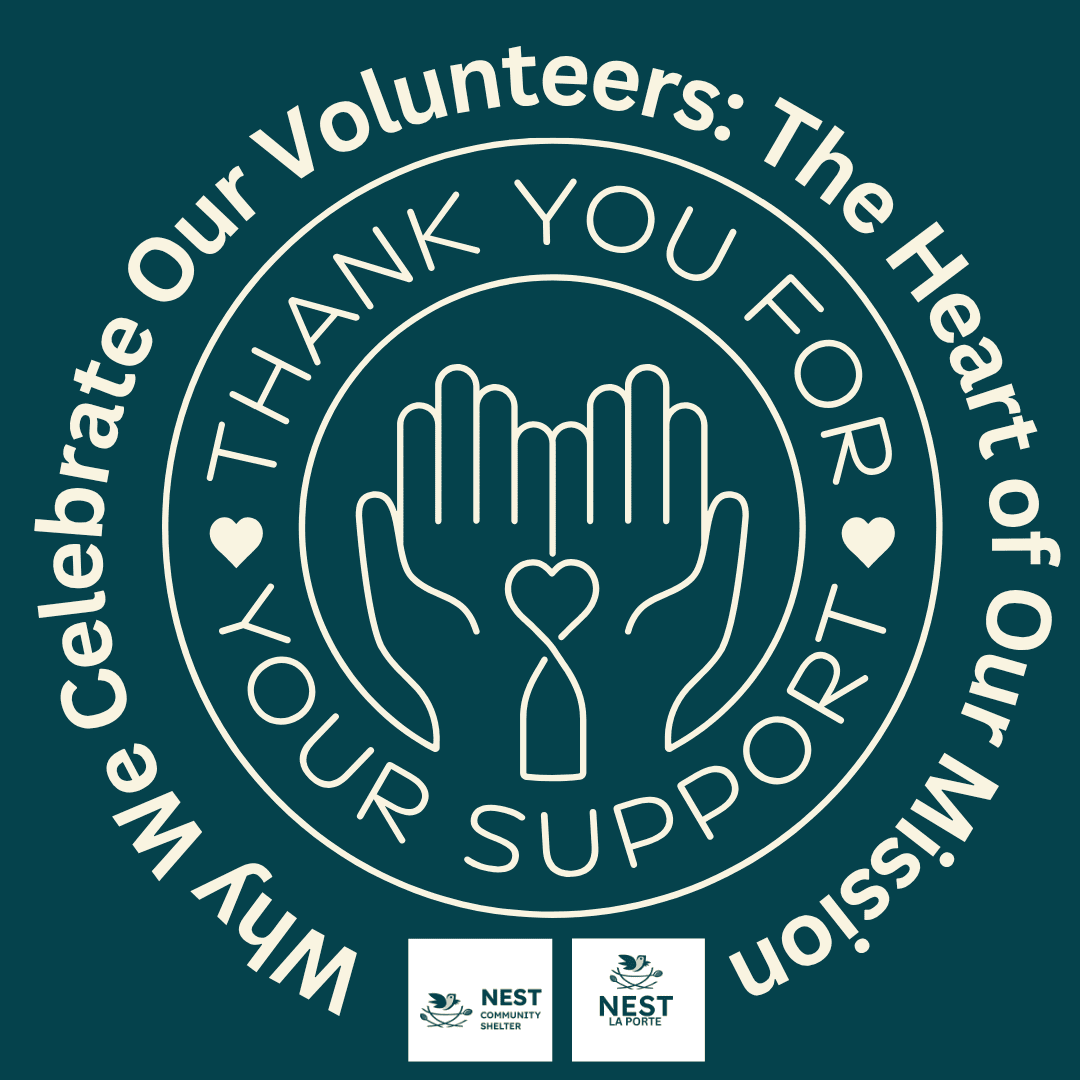
This month, as we talk about hidden homelessness and housing insecurity, we want to highlight the different types of ways in which individuals can experience homelessness. Traditionally, when most people picture individuals experiencing homelessness, they think of someone staying completely out in the elements. While this is true, there are also many living conditions that would also classify as homeless. Today, we are going to talk about those living out of their vehicles.
“It is estimated that more than 500,000 people in the United States were homeless on any single night last year and had nowhere to live. Of those, 40 percent lived on the street or in their cars, according to the Annual Homeless Assessment Report published by the US Department of Housing and Urban Development in Nov 22, 2023.”
According to the U.S. Department of Housing and Urban Development, people living out of a vehicle, whether it’s a car, van, or RV, are referred to as unsheltered homeless, but they are also classified as hidden homeless. This is a harsh reality for many people in our community. These individuals and families have often exhausted all other options and have turned to their vehicles as a last resort for shelter. While it may provide a roof over their heads, living in a vehicle is far from a sustainable or stable solution.
One of the biggest challenges faced by those living out of their vehicles is the lack of basic amenities. Simple tasks that many of us take for granted, such as using the restroom, bathing, or cooking a meal, become incredibly difficult when you don’t have access to proper facilities. Many individuals are forced to rely on public restrooms, gym memberships, or the kindness of friends and family to meet their basic hygiene needs.
Another significant challenge is constant safe parking. Living out of one’s vehicle means constant worry about being ticketed, towed, or asked to leave by property owners. Many cities have laws against sleeping in vehicles, forcing individuals to constantly move around to avoid detection. This lack of stability makes it incredibly difficult to maintain employment, attend school, or access necessary services and resources.
Living in a vehicle also takes a toll on physical and mental health. The cramped quarters, lack of proper temperature control, and limited access to healthy food options can lead to a host of health problems. In the hottest and coolest months, a vehicle will periodically have to be run to control the temperature, which will cost precious resources such as fuel and the funds to buy more fuel. The stress and anxiety of not knowing where you’ll park for the night or if you’ll be able to afford gas can be overwhelming and lead to depression and other mental health issues.
At Nest, we coordinate with community partners to provide support and resources to those experiencing all forms of homelessness, including those living out of their vehicles. Through partnerships, we offer access to basic amenities such as showers, laundry facilities, and meals, as well as case management services, to help individuals and families find more stable and permanent housing solutions.
However, we cannot do this work alone. Addressing the root causes of homelessness and providing sustainable solutions requires a community effort. We urge our community members to educate themselves on the realities of hidden homelessness and support organizations working to end homelessness in all its forms.
If you see someone living out of their vehicle, offer them kindness and compassion. Connect them with local resources and services, such as our shelter, food banks, or job training programs. Advocate for affordable housing solutions and policies that prioritize the needs of our most vulnerable community members.
Together, we can work towards a future where everyone has access to safe, stable, and affordable housing. By recognizing the hidden faces of homelessness and working to support those living out of their vehicles, we can make a meaningful difference in the lives of our neighbors and build a stronger, more compassionate community for all.



